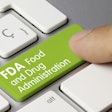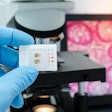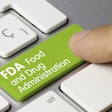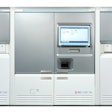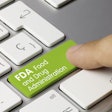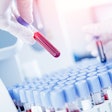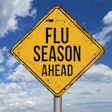
The American Association for Clinical Chemistry (AACC) has released a new guidance document for tackling the risk of interference from biotin (vitamin B7) in lab test results that stresses interdisciplinary communication.
Aimed at clinicians, laboratory medicine professionals, and patients, the guidance document offers tips on minimizing the risks posed by the consumption of high-dose biotin supplements on biotinylated immunoassay-based lab tests. It follows an updated warning by the U.S. Food and Drug Administration (FDA) in November about the risk that biotin interference will lead to inaccurate test results, which is particularly alarming and can mean life or death when it comes to high-sensitivity cardiac troponin testing.
In a statement about the new guidance, the AACC noted that at least one-fifth of people in the U.S. are taking biotin for a range of reasons -- biotin is included in beauty supplements, over-the-counter multivitamins, and treatments for medical conditions.
"If a patient takes biotin supplements, the biotin in his or her blood sample competes with the biotin used in immunoassays and can falsely increase or decrease the results of these tests," the AACC said.
Like the FDA in its guidance, the AACC emphasized open communication between labs and clinicians. Labs should play an active role in educating ordering clinicians and patients about how biotin can influence test results, and clinicians should be alert to their patients' supplement consumption and communicate this information to labs.
Labs can use a biotin-free testing method, if available, or ask that patients abstain and submit a new sample. For lower doses of biotin, they should wait eight hours, and for high doses, the AACC advises abstention for 72 hours prior to testing.








